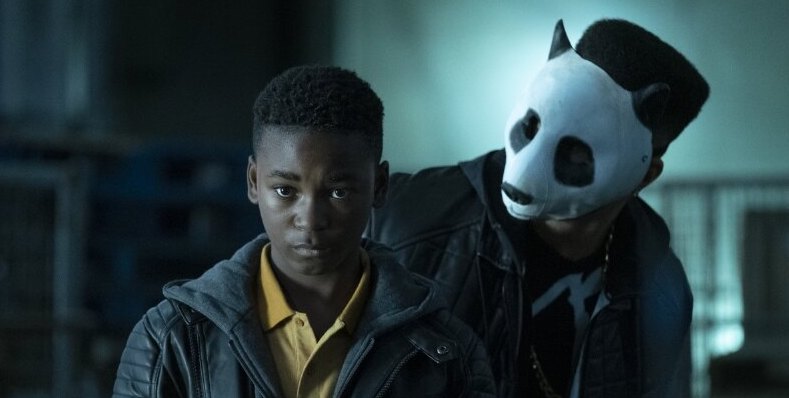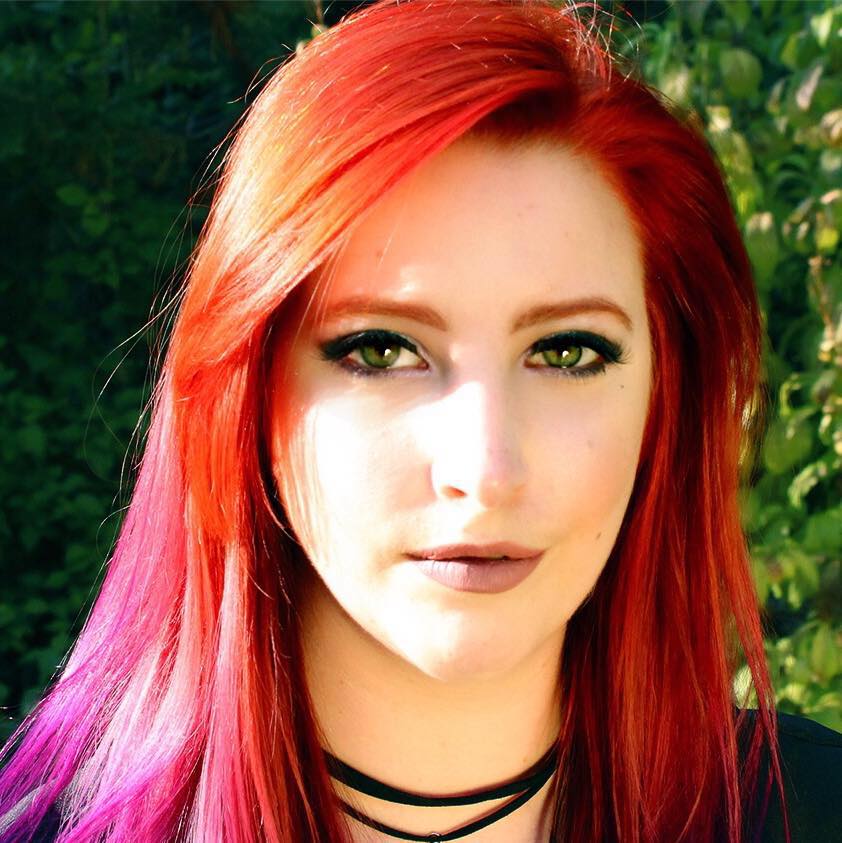What to Watch Verdict
A very strong addition to the 'Batwoman' story featuring a Jacob Kane who can no longer question this new hero or her motivations.
Pros
- +
🦇The episode pointedly says "that time has passed" and does so in a meaningful way.
- +
🦇Mary and Ryan living together is obvious but adorable!
- +
🦇The Candy Lady story is horrific.
- +
🦇New Batmobile paint job and bat gadgets!
- +
🦇Setting it up so Director Kane would see the climax of the Candy Lady arc is A+ storytelling.
Cons
- -
🦇There is no avoiding the hunt for Kate Kane. Unfortunately, there's no way to make it interesting, either.
- -
🦇Ryan's reunion with her ex is a weak ending to an otherwise strong episode.
This post contains spoilers for Batwoman.
Check out our last review here.
American history has plenty of villains, but none have been responsible for more hurt than the white moderate. “Fair Skin, Blue Eyes” highlights how middle-aged white women are capable of all sorts of evils in modern America, whether those evils be as nefarious as the episode’s Candy Lady or those who choose to do nothing in the face of injustice. This week’s episode balances that with a Ryan Wilder (Javicia Leslie) who is forced to reckon with her past in an attempt to ensure a kidnapped boy doesn’t grow up believing he’s invisible.
We immediately learn that a new drug has hit the streets in Gotham. “Snake Bite” is a mix of psychedelics and fear toxin that’s just as deadly as it addictive. The drug is being peddled by the False Face Society, but they won’t come into play until we’re close to finished with the episode. Batwoman’s close to a bust on the gang, but she gets sidetracked when a little boy sets off the burglary alarm at a jewelry store to get her attention. His brother, Kevin (Eli Tsepiso Larmour), has been missing for two months, and no one’s doing anything about it.
While Ryan focuses on finding Kevin, everyone else remains zeroed in on the life-or-death status of Kate Kane. It’s an unavoidable narrative that the writers are trying to spice up with the unlikely partnership of Alice (Rachel Skarsten) and Sophie (Meagan Tandy), but there’s just no making that scenario interesting. Especially when the rest of the episode centralizes on a story that is both more interesting and more poignant. At the very least, we get a brief moment of intrigue when Alice has an odd flash of a memory towards the end, but this angle is mostly a bust for now.
For a while, it feels like the Jacob Kane part of the story will fall into the same trap. Kane’s offered a million-dollar reward for anyone who offers information on the whereabouts of his daughter. A tip takes him into an obvious trap, but we’ll allow a grieving dad a silly slipup. Especially because what it leads to is infinitely more interesting that what got him there.
Ryan first goes to find Kevin as herself once she and Mary (Nicole Kang) narrow down the Candy Lady’s (Linda Kash) address. Rather than find him immediately, she gets the opportunity to come face to face with her childhood demon and knock her around a little bit. Unfortunately, young Kevin had already been sold off to none other than the False Face Society — the very same folks who saw an opening to remove Director Jacob Kane from the picture. Their leader orders Kevin to shoot the Director in order to officially “earn” his forever family. Kevin’s pause gives Ryan just enough time to hit the scene as Batwoman.
What unfolds next is critical to the series for a myriad of reasons, with the two largest revolving around its direct message and Jacob’s complicated relationship with the cowl. Having a Black superhero tell a young Black boy already stuck in the system that he is seen and that he matters is more important than any four-hour edgelord fantasy could ever be. Moments like the one between Batwoman and Kevin are the reason that superhero media exists in the first place, and Black fans both young and old have deserved this moment and a hundred others like it for some time.
The latest updates, reviews and unmissable series to watch and more!
In direct context to the story, Jacob seeing the interaction between Batwoman and Kevin is critical to who his character sets up to be in the future. There is no misunderstanding the woman he just saw and the things that she did just with her words. The Director of the Crows can no longer stand in her way and be seen as anything other than an antagonist. With Kate, everyone was always in the wrong place in the wrong time. Flagrant misunderstandings led to the Batwoman being hunted by the very organization Kate Kane worked for. But there is no misunderstanding Ryan’s Batwoman, her intent, or her effectiveness in this precise moment in time.
While largely treated as an aside in the episode, Mary and Ryan moving in together is a predictable but otherwise lovely addition to the story. The two have more in common than they know, and it will be great to watch them help the other grow. Maybe they’ll even teach the embittered Luke (Camrus Johnson) a thing or two. Love the guy, but he’s getting harder and harder to defend as the story progresses.
“Fair Skin, Blue Eyes” is by far the strongest chapter in this new Batwoman story yet. (We’re still early on, so I reserve the right to say it again later on in the season.) There’s so much of the series that already makes a point to say the quiet parts out loud. Overtly calling out the fact that a little Black girl in the system was overlooked while Beth Kane was hunted for the world over because she had fair skin and blue eyes isn’t something we see called out often in these kinds of stories. “In all those comic books that you love so much, have you ever heard of a superhero saving a kid like you?” is jarring to hear as a white critic, but likely an obvious throw-away line for someone who has grown up without seeing themselves in or saved by superhero media the way the rest of us had the opportunity to be. Its point isn’t to preach, or to be a yet another reminder to Black folks that they don’t exist in these stories — it’s to say that time is over.
Batwoman knows exactly when to call out, when to teach, and when to say to its audience in no uncertain terms “that time is over now. You can come with us or not. We don’t care.” And it’s better for it.
- The best Amazon Prime movies
- Amazon is right: You don't own your digital media
- The best shows on Amazon Prime
- New movies on Amazon Prime
Amelia is an entertainment Streaming Editor at IGN, which means she spends a lot of time analyzing and editing stories on things like Loki, Peacemaker, and The Witcher. In addition to her features and editorial work, she’s also a member of both the Television Critics Association and Critics Choice. A deep love of film and television has kept her happily in the entertainment industry for 7 years.


